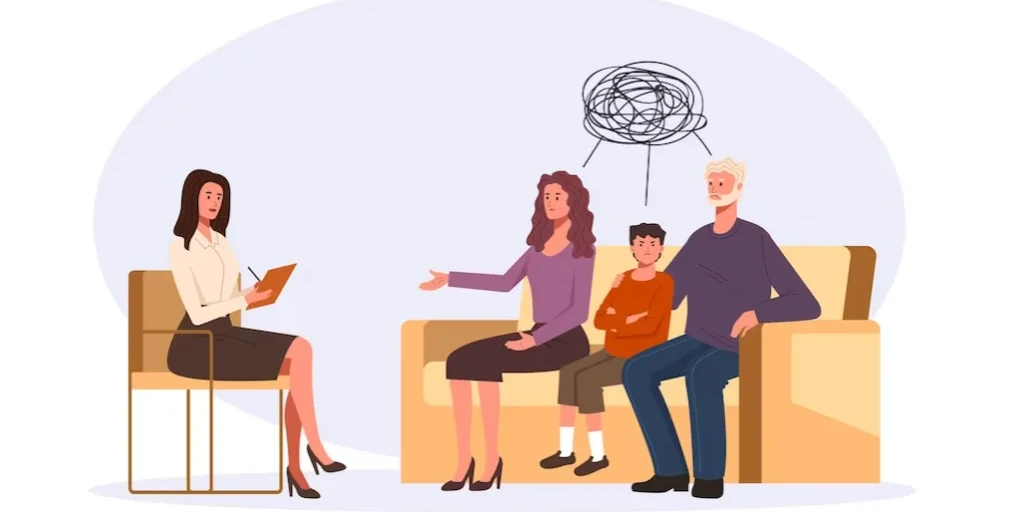24/7 Helpline:
(866) 899-221924/7 Helpline:
(866) 899-2219
Learn more about Depression Treatment centers in Middletown
Depression Treatment in Other Cities

Other Insurance Options

Carleon

Ceridian
Beacon

Humana

Lucent

Highmark

Choice Care Network

Meritain

Health Choice

Ambetter

Providence

Oxford

UMR

GEHA

Private insurance

Medical Mutual of Ohio

AllWell

Holman Group

BHS | Behavioral Health Systems

CareSource













